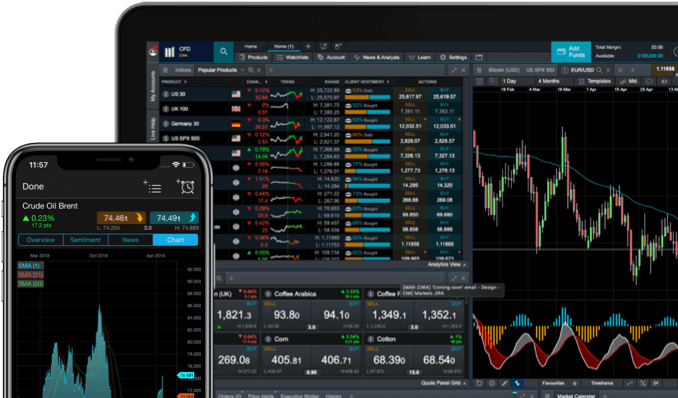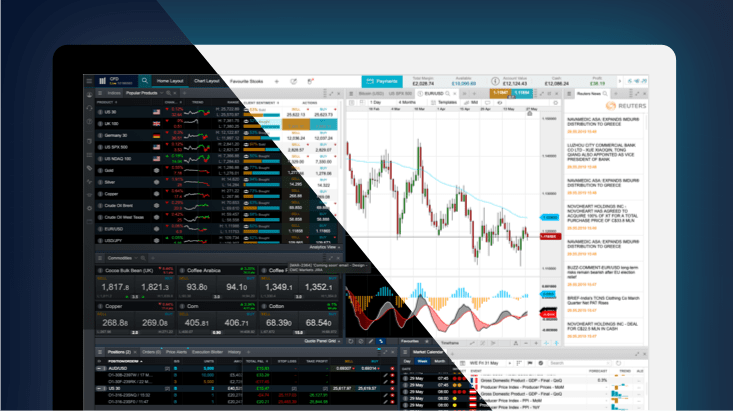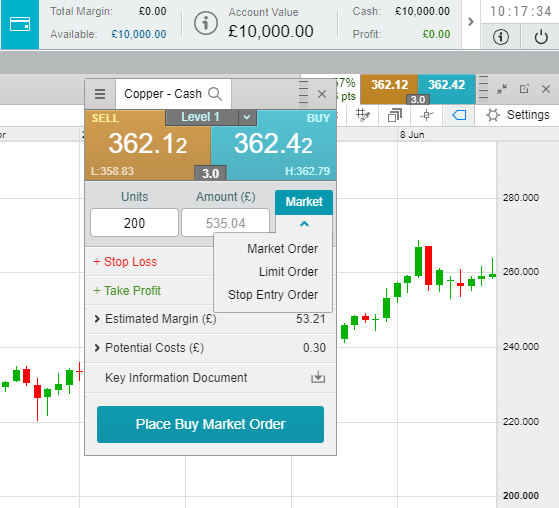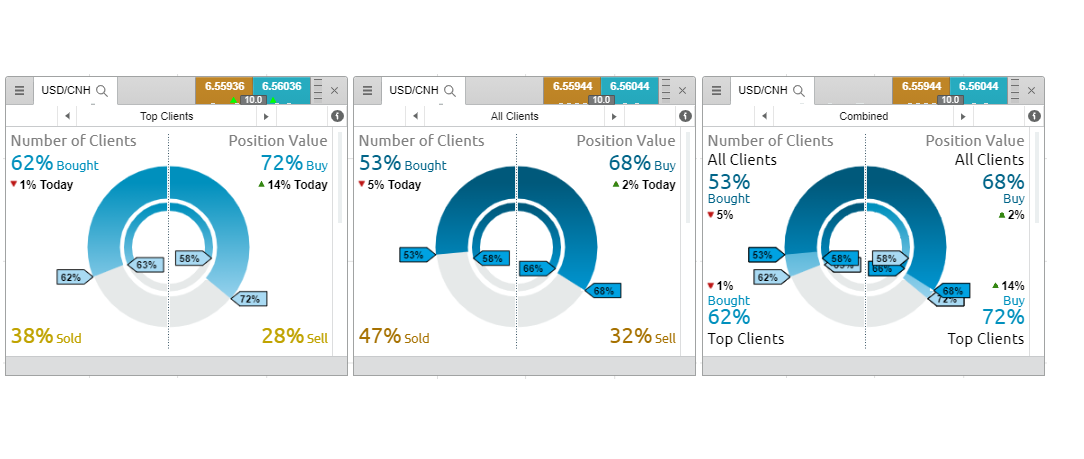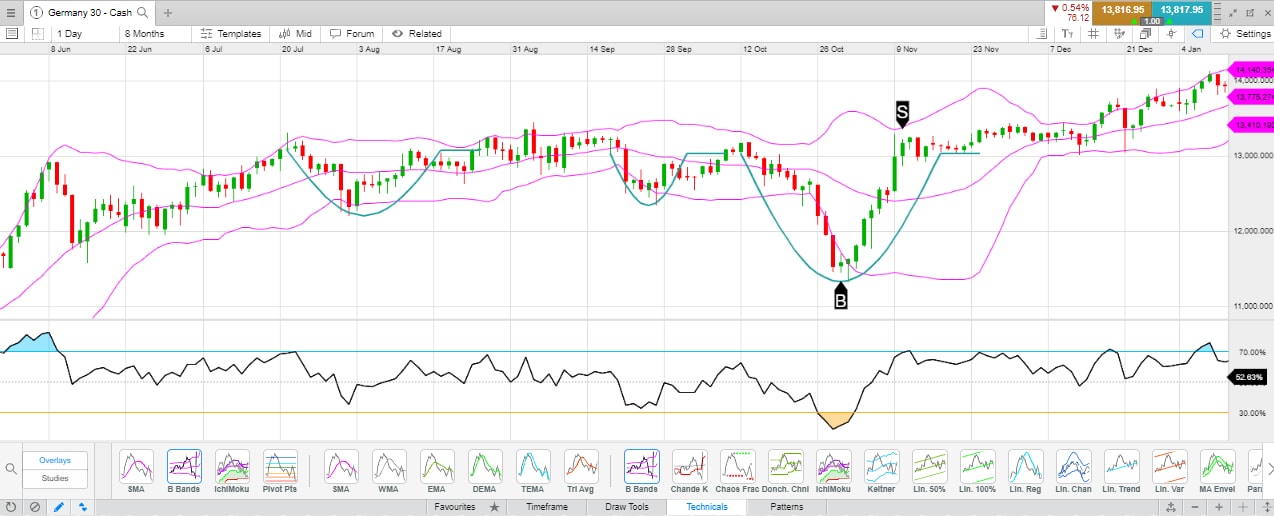We have put together a CFD video tutorial below to guide you through the entire process of placing a trade on our platform. We also explain this process below in writing, which includes a more in-depth analysis of some of the new charting features that you can use on our CFD trading platform. Learn how to start trading.
Spread bets and CFDs are complex instruments and come with a high risk of losing money rapidly due to leverage. 70% of retail investor accounts lose money when spread betting and/or trading CFDs with this provider. You should consider whether you understand how spread bets, CFDs, OTC options or any of our other products work and whether you can afford to take the high risk of losing your money.















